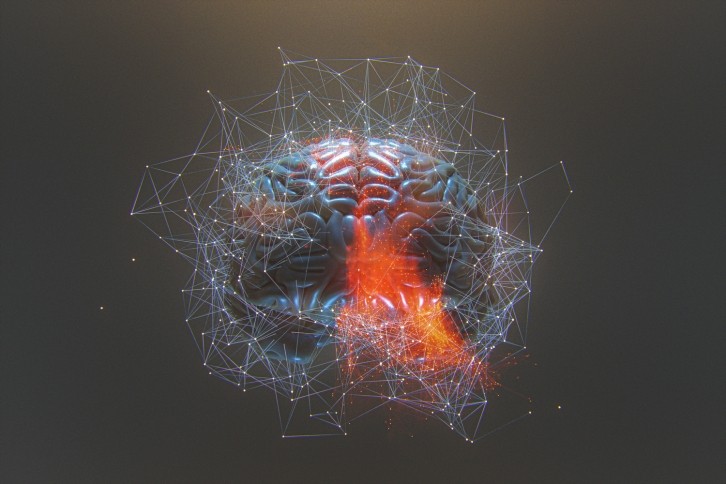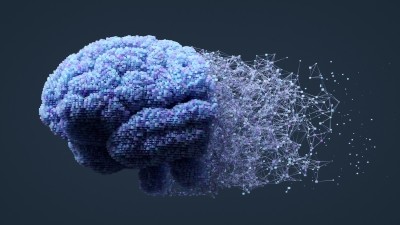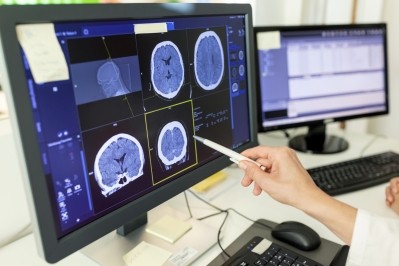Alto Neuroscience bolstered by positive study results for its precision medicine for the brain

The positive results were announced yesterday (December 4) by Alto Neuroscience Inc. – a company working on precision psychiatry by developing targeted medicines designed to help patients get better faster.
The positive results from the study were announced at the 62nd Annual Meeting of the American College of Neuropsychopharmacology (ACNP) with confirmation that the treatment was demonstrating clinically meaningful improvements and favorable safety and tolerability in patients with major depressive disorder (MDD).
After patients had been given ALTO-300, they were characterized by an electroencephalogram (EEG) biomarker that demonstrated ‘robust clinical improvement’ in depression symptoms and higher response rates, as measured by the Montgomery–Åsberg Depression Rating Scale (MADRS), compared to patients without the EEG biomarker.
ALTO-300 is a treatment that targets the reward system and circadian rhythms, which is easily measurable.
Major depressive disorder
These results support the potential of ALTO-300 as a novel treatment for MDD. The company has initiated a phase 2b study evaluating ALTO-300 in 200 patients with MDD, which is expected to read out in the first half of 2025.
“Our conviction in the promise of precision medicine for the brain is bolstered by these results,” said Amit Etkin, founder, president, and chief executive officer of Alto Neuroscience.
“Data from the ALTO-300 study showcase the potential of targeting patients’ underlying neurobiology to achieve clear clinical benefit and further validate our precision drug development approach.”
In summary, the study was an 8-week clinical trial to evaluate potential predictive biomarkers for efficacy and safety of ALTO-300 as an adjunctive treatment in patients with MDD who experienced inadequate response to an antidepressant.
Rigorous machine learning
239 patients between the ages of 18 and 74 years old were enrolled in the study, staying on a background antidepressant while ALTO-300 was added as a new treatment. 110 of these patients underwent an EEG at baseline. Alto used a rigorous machine learning-driven data science approach, which centrally requires prospective replication of a biomarker’s ability to predict a drug’s antidepressant clinical efficacy in an independent group of patients.
Taking this approach, likely drug responders can be found while avoiding false discovery. The primary analysis was on the prediction of change in depressive symptoms, as measured by the MADRS, at week 4.
Results from the trial included a reproducible, readily scalable, and easily administered machine learning-derived EEG biomarker being identified. Alto says it will use this biomarker and prospective patient identification with EEG in its ongoing phase 2b trial of ALTO-300.
The predictive biomarker is specific to patients receiving ALTO-300, as it is not predictive of response in patients taking either placebo or standard-of-care SSRI/SNRIs based on data from separate studies in which EEG measurements allowed Alto to differentiate between patients with or without this EEG biomarker.
Brain-based biomarkers
ALTO-300 demonstrated a favorable safety and tolerability profile with no unexpected adverse effects.
Alto’s Precision Psychiatry Platform measures brain biomarkers by analyzing EEG activity, neurocognitive task performance, wearable data, and other factors to match each patient with the right Alto product candidate.
The company’s work in validating brain-based biomarkers has resulted in a multiple-modality approach that it says supports robust drug-response predictions. Alto also has a clinical-stage pipeline that includes novel drug candidates for depression, PTSD, schizophrenia, and other mental health conditions.


















